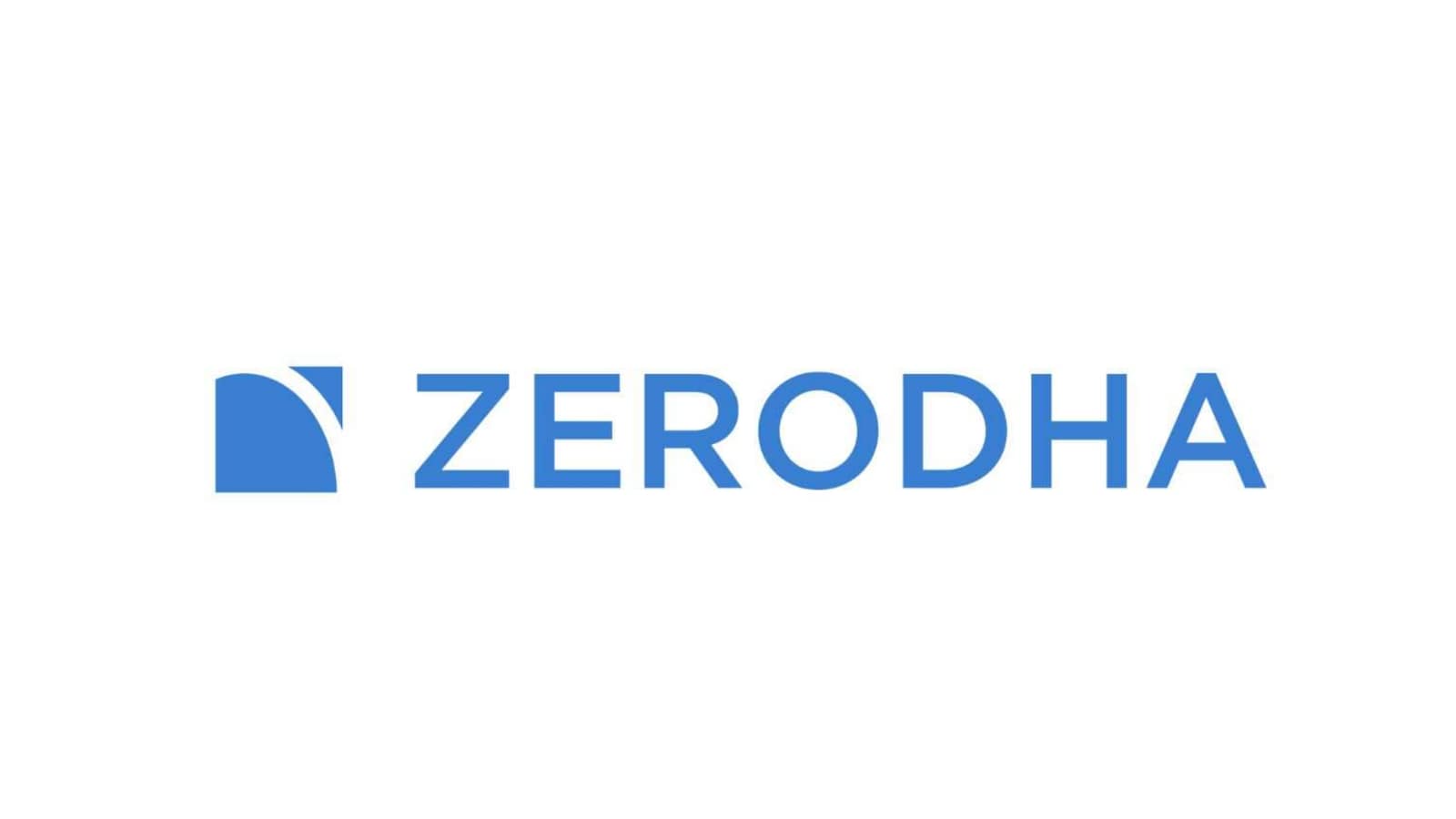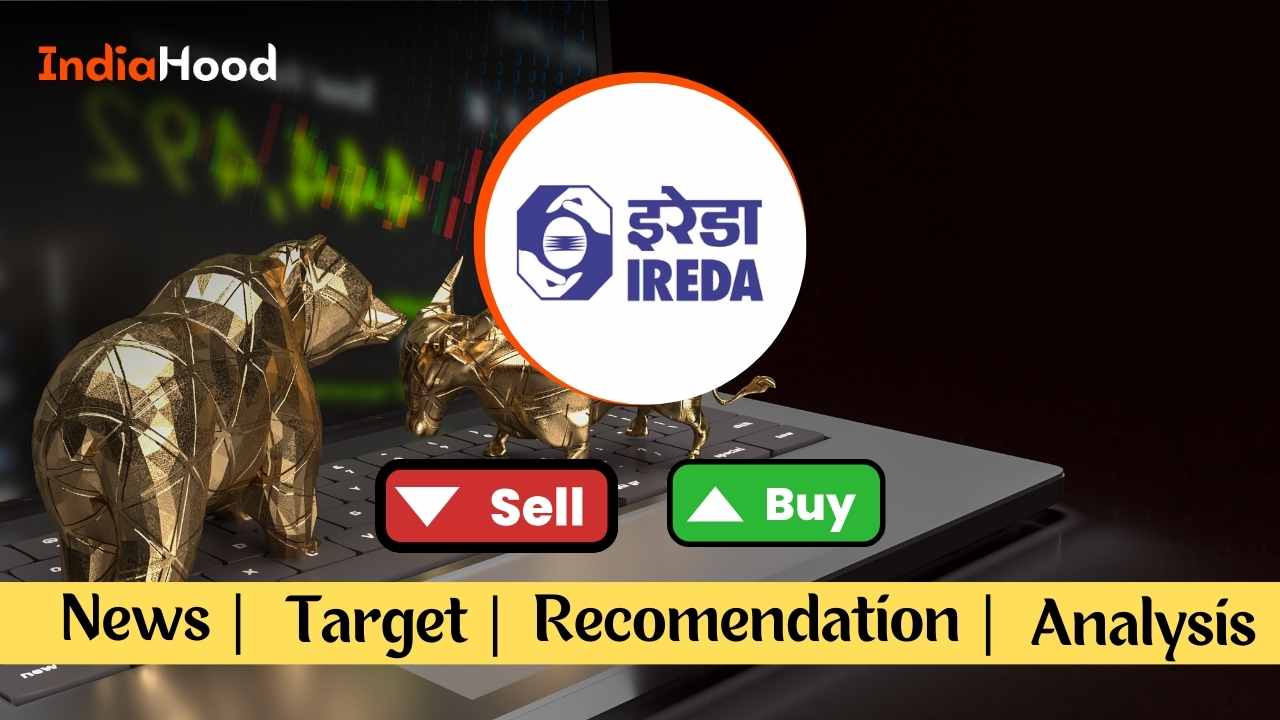Zerodha’s Potential IPO: Insights from Leadership
In a recent interview with CNBC-TV18, Nithin Kamath, the founder and CEO of Zerodha, shared insights into the company’s contemplations regarding a potential Initial Public Offering (IPO). This discussion comes amid a rising trend of IPOs from other industry players like Hyundai and Swiggy, which has sparked interest in Zerodha’s long-term plans.
Strategic Considerations for Going Public
Currently, Zerodha is focused on developing a range of diverse business ventures. Kamath emphasized that the company is not rushing into an IPO but is instead waiting for a point of greater predictability in the market. Discussing the motivations behind considering an IPO, Kamath states, “The only reason we would consider going public is that we are at the forefront of the industry.” This perspective underscores the company’s commitment to building value and ensuring a balanced approach to public offerings.
The Importance of Trust in Public Markets
Nikhil Kamath, co-founder and Chief Financial Officer of Zerodha, highlighted the challenges of maintaining transparency and credibility as a publicly traded company. He explained that, “As a listed company, there are limitations on what can be disclosed,” which can complicate how they communicate with retail investors. This sentiment reflects the broader concern about navigating disclosures and maintaining public trust.
Leadership Opinions on the IPO Debate
When posed with the question of whether an IPO should be prioritized, the senior leadership team seemed to lean against the idea. Nikhil Kamath shared his conflicted perspective, stating that the advantages and disadvantages of going public are nearly equal, leaning slightly more towards maintaining their current structure. Dr. Kailash Nadh, Chief Technology Officer, echoed this sentiment, insisting that the freedom from external capital pressures allows them to innovate and make decisions that align closely with their vision without the constraints that typically come with corporate governance.
Challenges Posed by Regulatory Changes
Nithin Kamath further emphasized that a significant factor influencing their IPO decision would be regulatory requirements from the Securities and Exchange Board of India (SEBI). With new regulations aimed at compelling brokers to generate revenue strictly from brokerage activities rather than other sources, Kamath acknowledged the need for Zerodha to adapt. He stated, “Now, essentially, we have to figure out how to navigate this change, as it may require us to increase brokerage rates.” This shift indicates a transformative period for the entire brokerage industry, prompting companies to reconsider their revenue strategies and operational frameworks.
Conclusion: The Future of Zerodha’s Public Plans
While there is notable interest in Zerodha potentially transitioning into a public company, the leadership remains cautious and strategic. With a focus on long-term growth, stable business diversification, and a commitment to transparency, the decision to pursue an IPO will ultimately rest on the alignment of external market conditions and internal goals. Nithin Kamath concluded that the impetus to go public would largely be driven by market demands, emphasizing their prioritization of sustainable growth over immediate financial aspirations.












